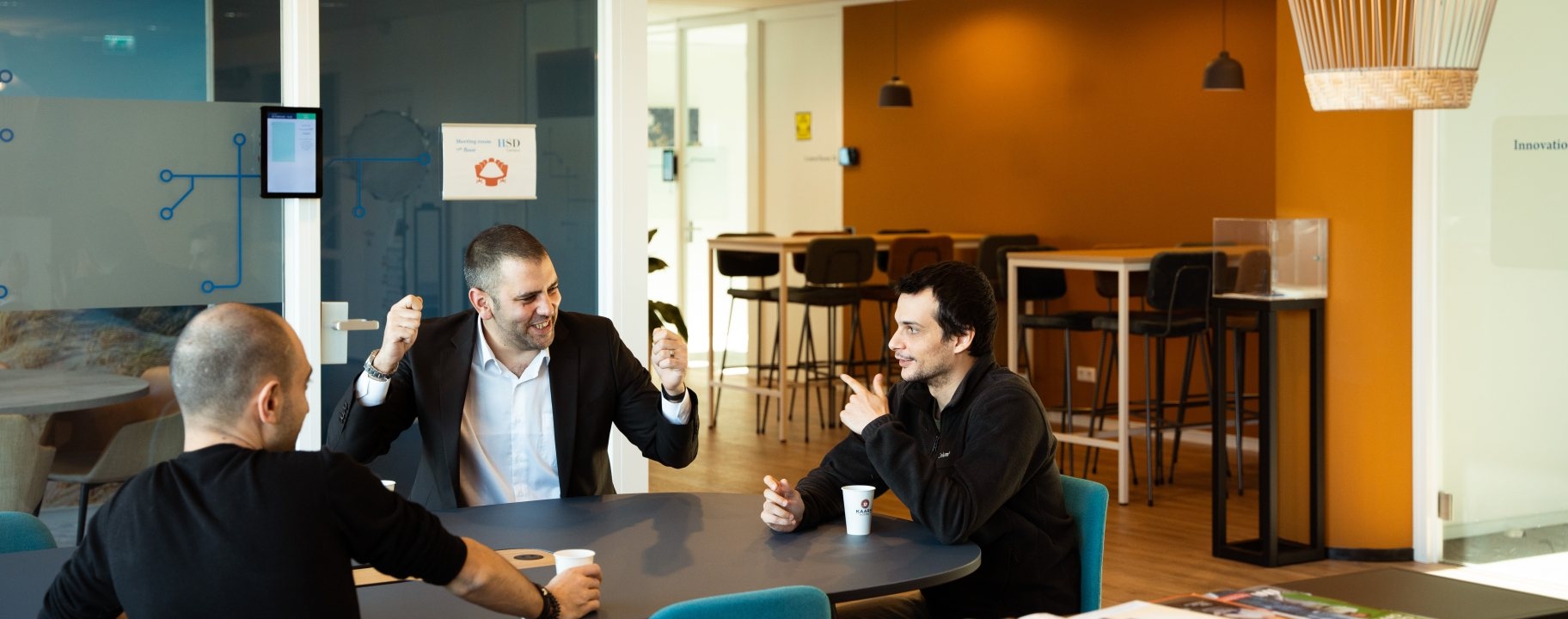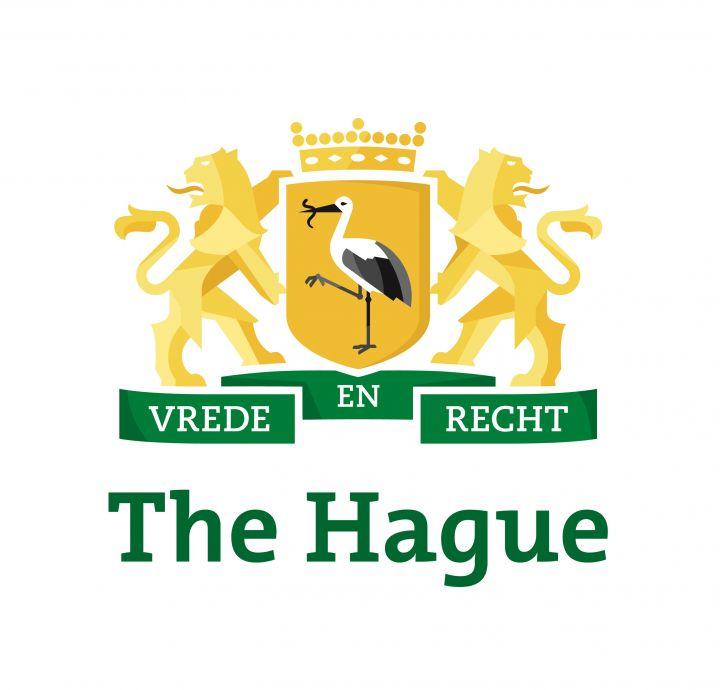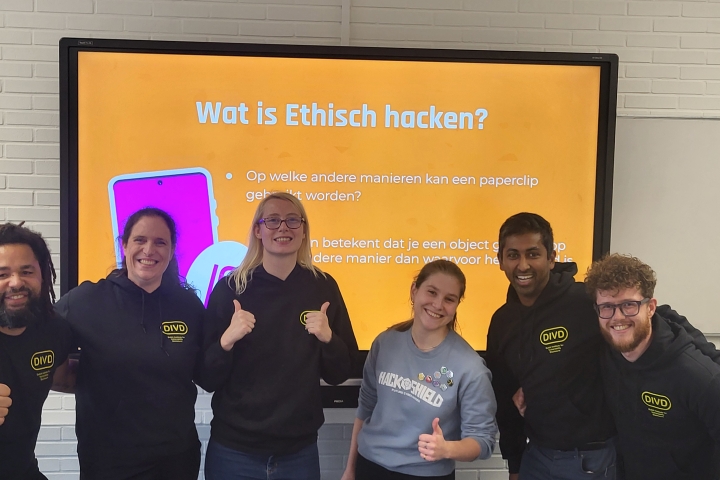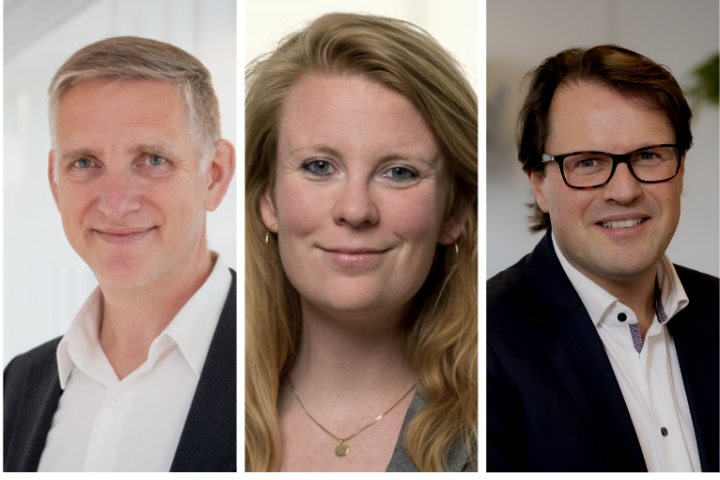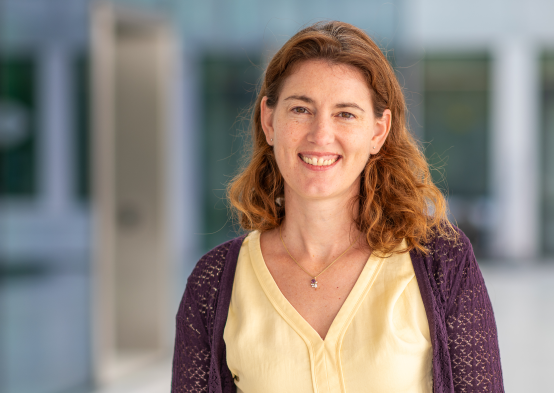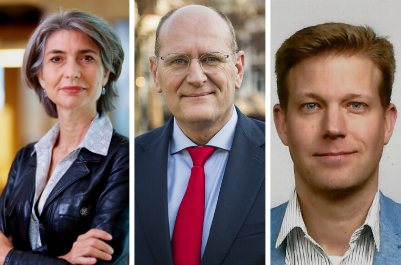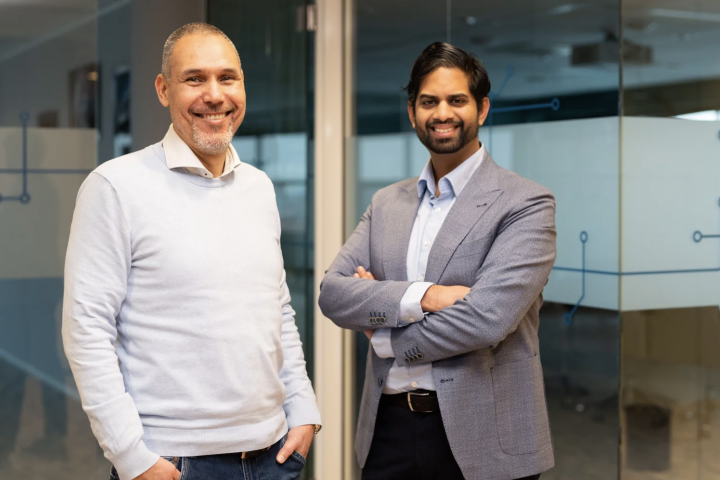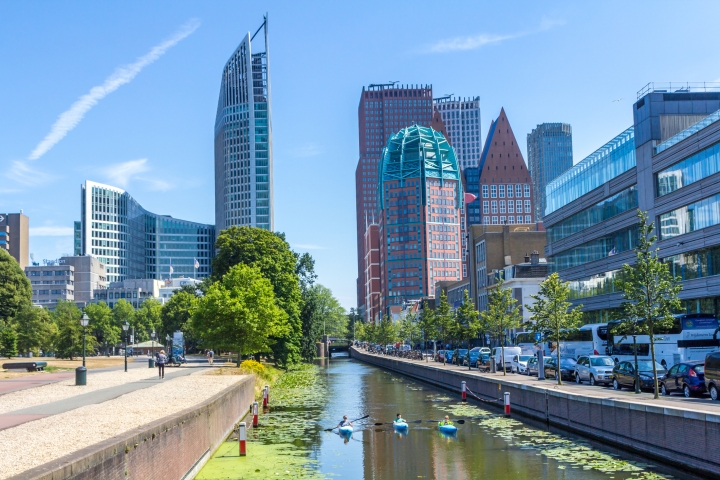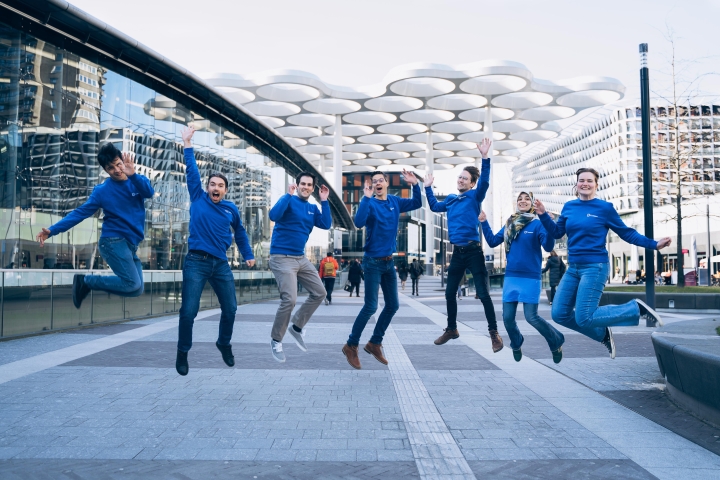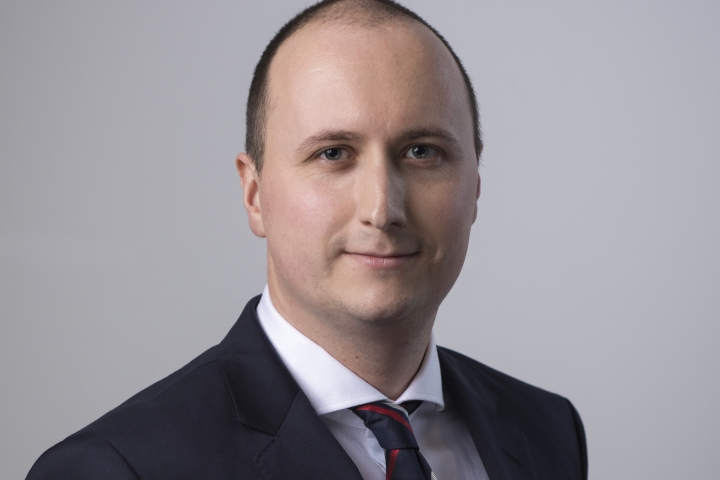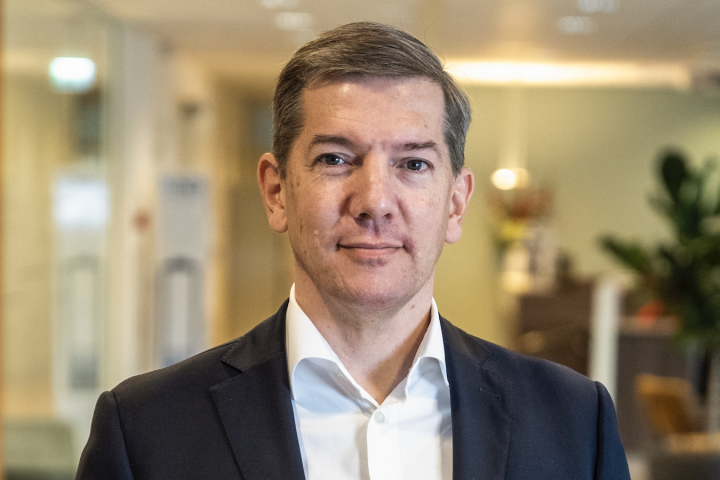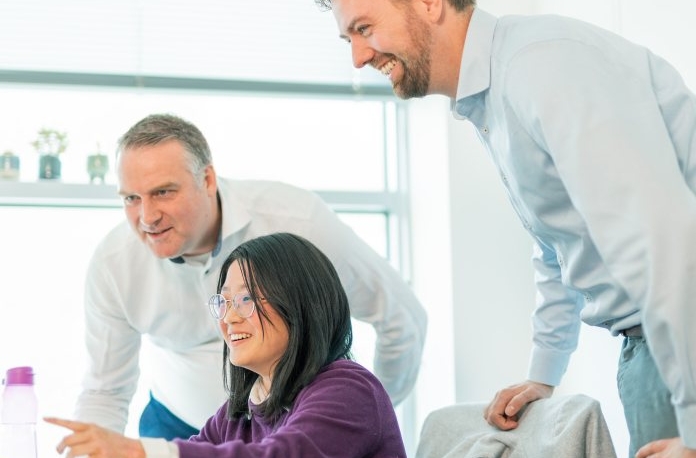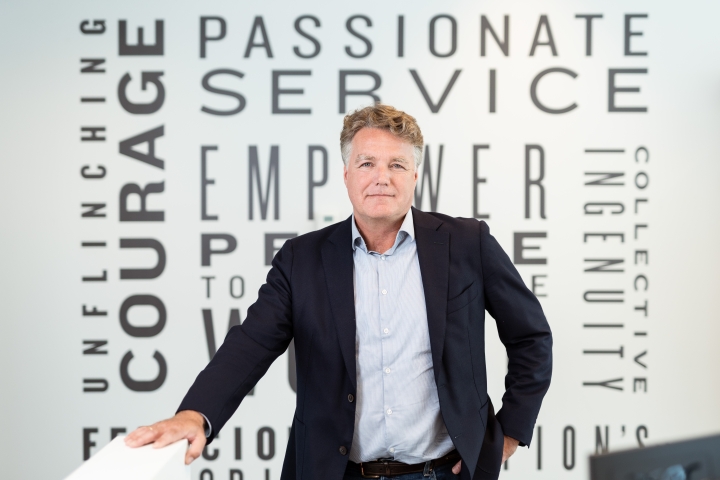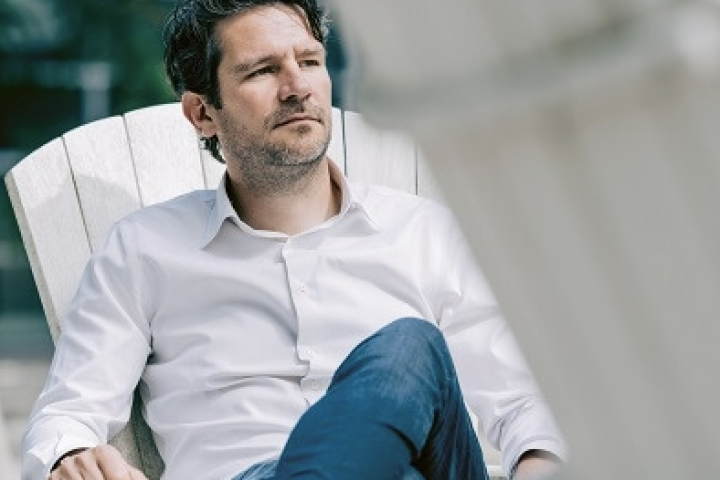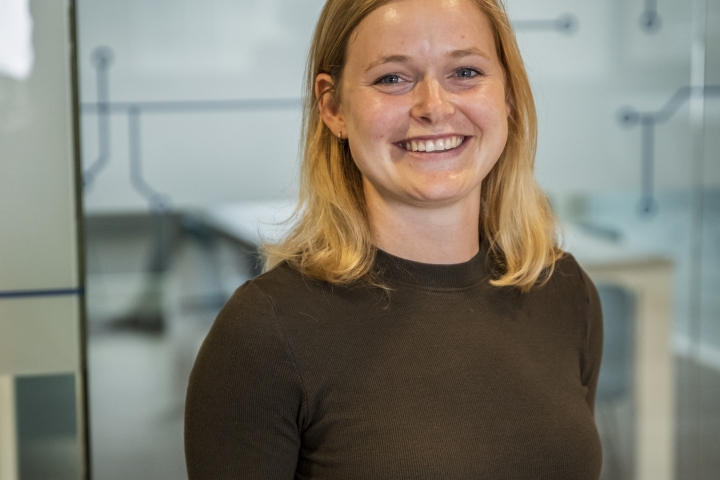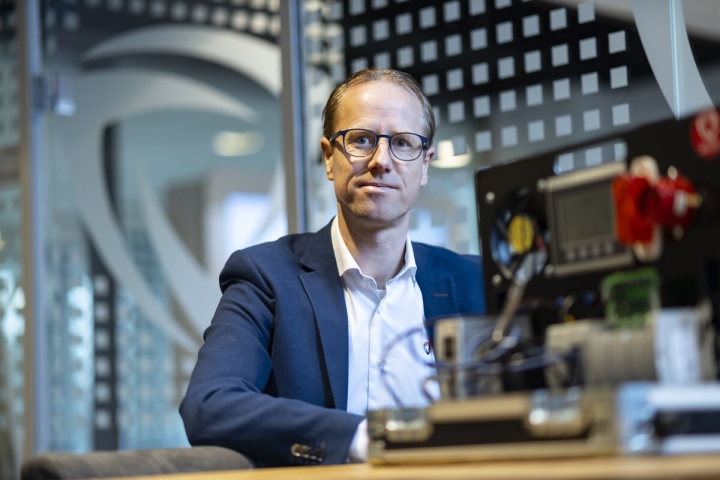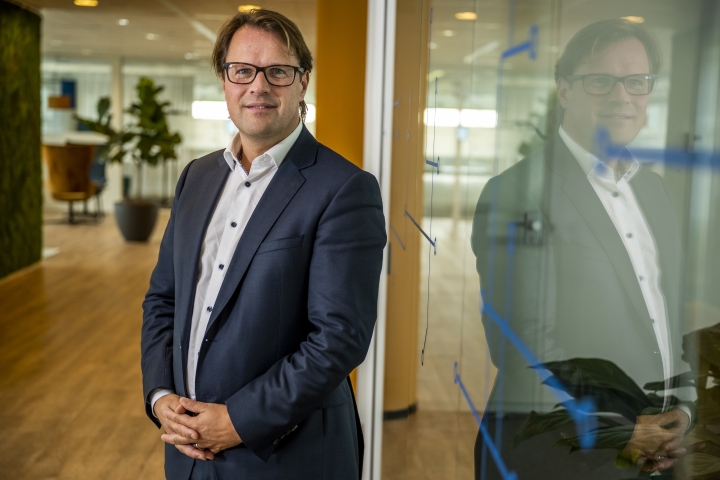Prodaft, the Cyber Security Ecosystem, and the Importance of Intertwining
As with any industry facing rapid progress, the continuous development of the technological sector comes with its very own set of unique and specific challenges. This holds especially true within the domain of cyber security, a topic that has seen a drastic increase in importance over the past decades. Today, the (PRO)active (D)efense (A)gainst (F)uture (T)hreats is more vital than ever, and as the expansion of its acronym suggests, that’s exactly what the company Prodaft sets out to achieve. Prodaft’s Business Development Manager, Umay Yavas, provided a detailed account of the company’s ongoing fight against cybercrime, its importance, and how it fits into the prominent Dutch cyber security ecosystem ‘Security Delta’ with its core in The Hague.
Since its establishment in 2012, Prodaft has been a pioneering company in the field of cyber threat intelligence. The company’s mission is to prevent breaches prior to their occurrence, thus adopting a proactive approach which allows its clients to circumvent otherwise potentially hazardous threats. Prodaft does this through its intelligence platform, the U.S.T.A. This platform thoroughly analyses and confirms the source of a given threat before forwarding this information to its user. In order for its scope to be as all-encompassing as possible, Prodaft monitors all potential areas where cyber criminals operate - including the Dark Web. This is made feasible thanks to the U.S.T.A.’s award winning Deep Web sensors, which serves as an additional layer of protection against one of the most malicious sources of cyber threats. Through the analysis, interpretation, and verification of these threats, the burden of allocating these tasks to its user is circumvented. Aside from decreasing the workload of its users, the platform also provides them with highly accurate information that can be directly used to counter the threat. In essence, the platform utilises its analytical and observational prowesses to provide its clients with a less time-consuming and more linear way to combat cybercrime. This plays a role in minimising the negative instances of data leaks and other major threats regardless of their origin.
Operating in this sphere of the tech industry undoubtedly raises a series of interesting questions that all companies must assess on a case-by-case basis. Ethical hacking, a term describing an authorised attempt at gaining unauthorised access to a given system, is one of these questions.
Umay: “We are a threat intelligence company (...) we find people with strong skills and train them instead of hiring ethical hackers. There are more than a hundred criminal groups that we monitor, and definitely the world needs more ethical hackers to fight against them”.
While Prodaft itself doesn’t hire ethical hackers, it recognizes the need and importance of the practice. As with many ethical considerations, the answer is not black or white, holding space for as many opinions as there are individuals.
Being part of an ecosystem that actively encourages the sharing of opinions and facilitates collaborations across the industry is crucial for this very reason. “One of the most beneficial things for us is being part of the Dutch security cluster, with its campus in The Hague”, Umay outlines, and adds, “we organise various events where companies can share ideas, and collaborate with each other easily. This is crucial for revenue growing companies as there are many common challenges in the industry”. Undoubtedly, The Hague’s thriving scene for international collaboration has proven itself noteworthy as a hub for cyber security developments in recent times. “This is one of the most active communities in Europe, and it affected our choice when discussing possible options”, Umay mentioned. As technology progresses, so does collaboration, and the cyber security industry is particularly interesting to take note of here. Since the crimes committed are done behind undefinable borders, so is the effort to tackle them. To ensure that this is done as efficiently as possible, locating and developing talent within the ecosystem is a crucial step.
Umay: “the cyber security domain is interdisciplinary. We need people from different backgrounds and capabilities. And people with analytical and observational skills are crucial, but again, we also need people who understand business, psychology, regulations, law, and military”.
For Prodaft, sharing their know-how of cyber security is a key motivation for their participation in the Dutch cyber security ecosystem, once again citing the importance of establishing a united front dedicated to tackling the security issues that affect a wide array of social structures on a daily basis.
Umay along with other Prodaft members attended the ONE Conference, which the company describes as a great opportunity to meet new potential partners and align itself with the Dutch market. The conference also serves as a way for Prodaft to introduce themselves to new partnerships, companies, and ideas, which Umay sees as a crucial step towards furthering the prosperity of the cyber security scene. The common gravitational pull that draws the attendees towards the ONE Conference is the realisation that this is not an issue that can be tackled in solitude, but rather one that requires multiple forces to share ideas, seek solutions, and develop talents. These aspirations prove just how important The Hague is, and will be, as a common ground for developing solutions for a common cause.

